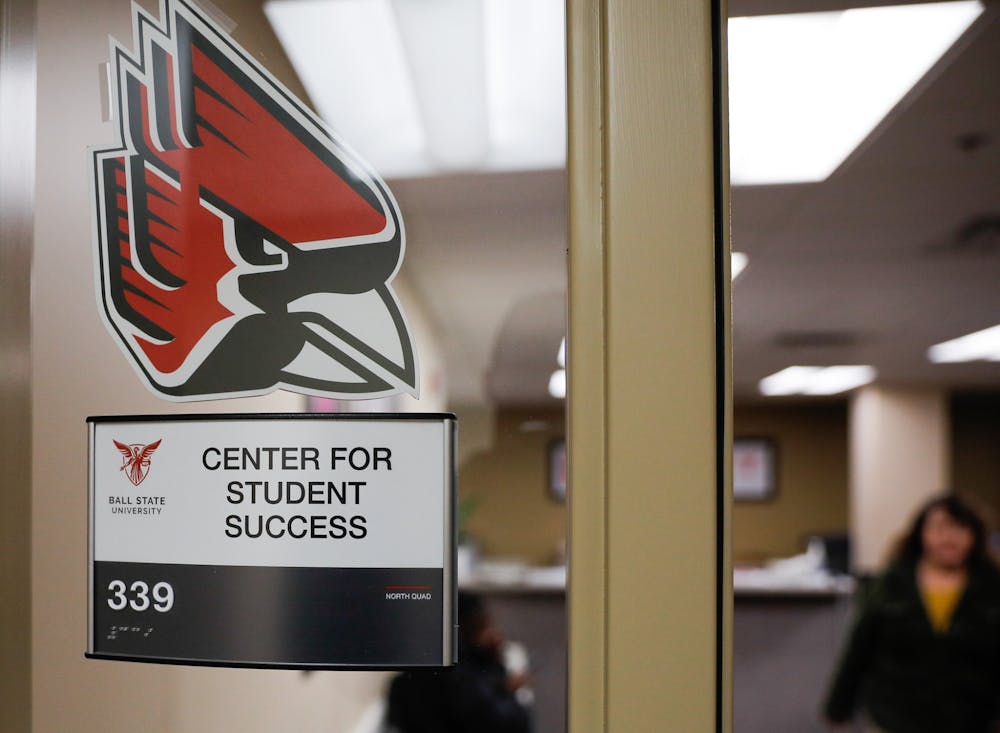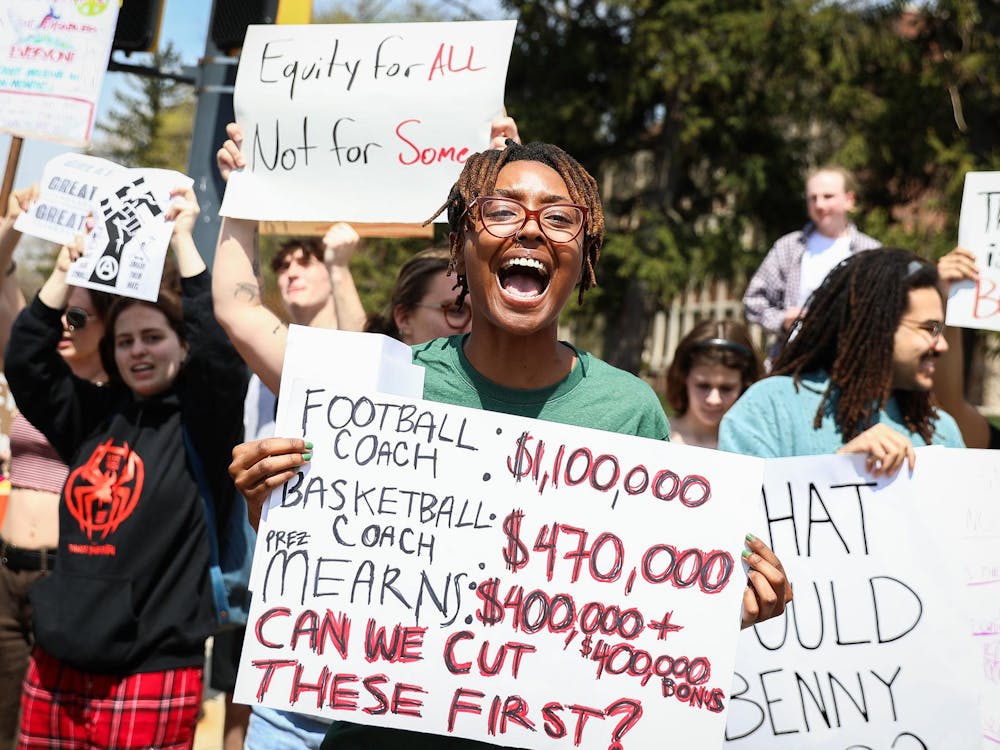Ball State University’s student success coaching program is a new resource designed to help students reach their full academic potential while learning other important skills to help them navigate their daily lives at college.
While the program itself has not changed, the student success coaching program has introduced more coaches which will allow more students to participate in the coming school years.
“What I attempt to do through University College is embrace a student success framework that’s grounded in care, high impact practices, identity, consciousness and sense of belonging and really centering our students,” Ball State’s Vice Provost for Student Success and Dean of University College, Jason Rivera, said.
Rivera, who has worked at Ball State since July 2021, considered this core objective when establishing the university’s new student success coaching initiative.
“The student success coaching program is our effort to ensure that students have the resources and support that they need to navigate Ball State successfully,” he said.
Rivera described student success coaches as “student partners,” adding that coaches are a resource for students to “cheer” them on as well.
Char Hawkins, Ball State’s assistant director for student success coaching, said student success coaches do more than just support a student academically. The program’s offered support extends to extracurriculars.
“If [a student] is thinking, ‘Hey, I have this event going on, having a coach there might be beneficial,’ they can reach out to us and we can make that happen,” Hawkins said.
The program strives to pair students with a “partner” who can help them succeed on campus and teach them healthy habits and skills like time management to use beyond their time in college.
“The partner is walking alongside the student to just say, ‘Hey, you know you got this. It is going to be fine,’” Rivera said.

While coaches are support systems for students, Hawkins clarified that success coaches are not counselors nor advisors, including herself in that distinction.
“I always try and make that clear, because there is a need for all three of those services, and we do think we come from a different perspective in each of those settings,” Hawkins said.
Olivia Romeo is a graduate student and success coach at Ball State who emphasized the vast opportunities the coaching program has available to students.
“If you have an hour a week, or an hour every two weeks, to put additional time and effort into your self-development, that's an amazing thing,” they said, adding that such time toward one’s self-development allows them to “grow” and find their “niche” as an individual.
The individuality among Ball State’s student body is reflected in the one-on-one style coaching of the university’s success program.
All coaches involved with the program have “different coaching practices” and “stronger aspects” than others, Romeo said.
For students who may be hesitant to reach out for guidance, Romeo assured meetings with coaches are non-committal.
“We just want to help students where they are, and so if they are nervous about [meeting] and it’s a one-time thing, that's ok. There is no expectation,” they said.
Rivera underscored students are not alone in their college journey.
“It is so important to me that our students understand they matter, we see them, we care about them, they have value and they are not alone,” he said.
Student success coaching is for all Ball State students. If any student is interested in participating in the program and would like to learn more information, they can go to the Office for Student Success, which is located in the North Quadrangle Building in room 339. Students can also email the office for additional questions or information at successcoach@bsu.edu or call the office at 765-285-1178.
Students looking to schedule an appointment with a coach directly can do so through Ball State’s Navigate, a student resource app for colleges and universities, or through the app or by emailing the success coach team at successcoach@bsu.edu.
Contact Linnea Sundquist via email at linnea.sundquist@bsu.edu.





